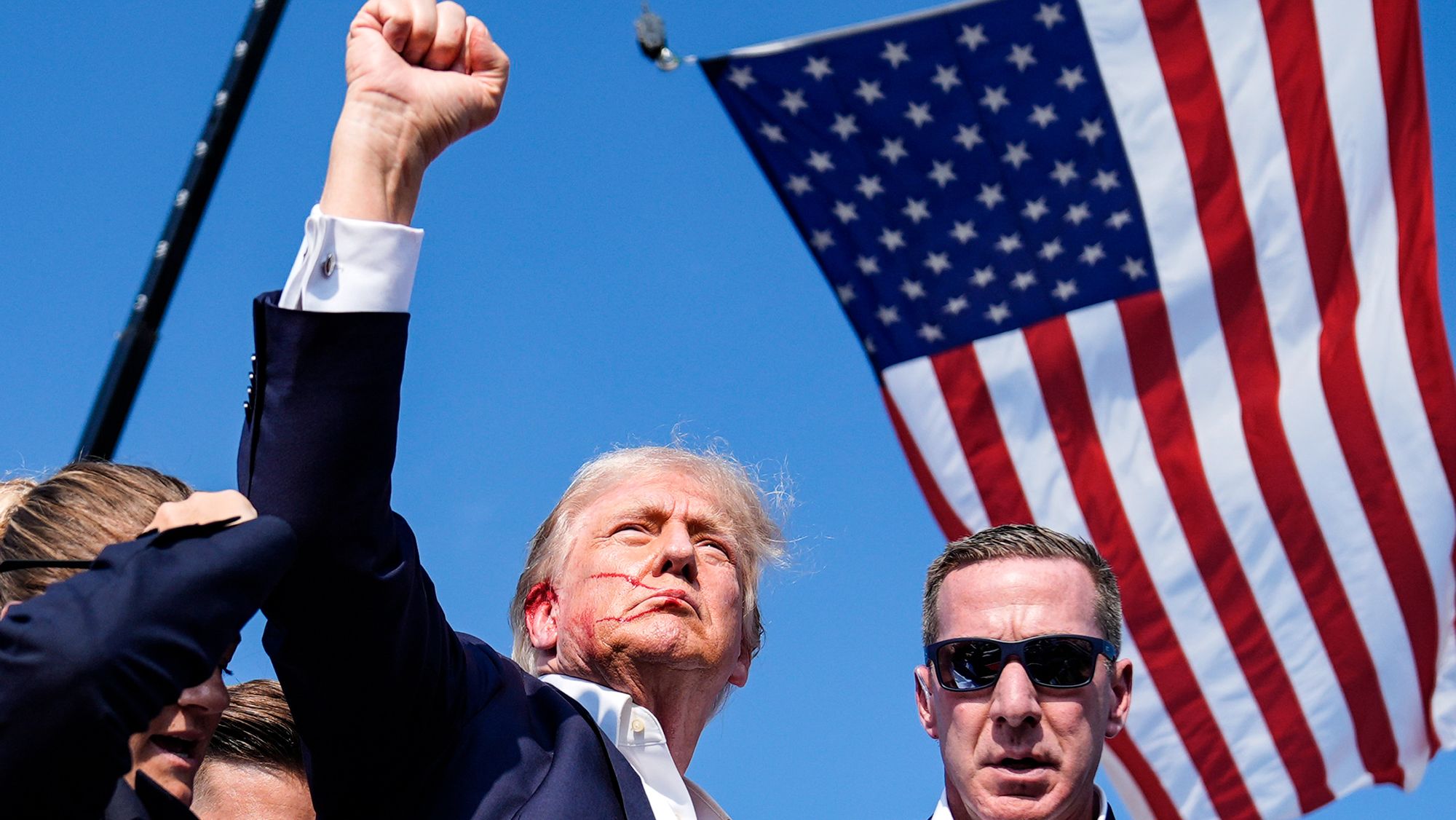A Shot Heard ‘Round the World: An Op-Ed
It cannot be denied that the United States of America has a profound impact on the world. This can be shown through the fact that its currency is used globally and because it possesses a dominating presence in alliances such as the UN and EU. Considering the fact that the country boasts a highly skilled army and advanced technology, it is no surprise that countless nations across the world ally themselves with the United States. However, in recent years, the U.S. has been recognized more for its political turmoil and instability. This chaos peaked with 2 assassination attempts on presidential candidate Donald Trump, both within 50 days of each other and only months before the presidential election. Needless to say, it rocked the international stage, spreading fear regarding civil unrest.
For example, the Prime Minister of the UK was “very worried” and “deeply troubled” by the second attempt to kill Trump at his Florida golf course, and believes that “violence has no part to play at all in any political process” (New York Times, 2024). Countries like Mexico, France, Germany, and Germany have voiced concerns about the deteriorating state of U.S. democracy, with Mexico’s president emphasizing that democracy and peace is of utmost importance. Adversaries like Russia and China also observe with concern, while Hungary maintains connections with Trump and models political strategies around him. In addition, there has been speculation regarding why presidential assassination attempts have emerged after 40 years of peace and why the presidential campaigns are becoming increasingly violent. For example, some argue that in many Western societies, the widening class divide between elitist citizens, rural citizens, and industrial communities has fueled far-right movements such as Trumpism. Trump’s increasingly violent calls to action, such as “fight like hell,” have only fanned the flames. Analysts blame the extreme political polarization and the widespread availability of guns in the nation.
Trump’s supporters already view him as a martyr, so further violence would only result in a descent into a cycle of violence. Simon Tisdall from The Guardian recognizes the concerns that the Biden administration and the Democratic party will be blamed, exacerbating political tension. He emphasizes that Trump’s political downfall should stem from elections rather than assassination, warning that killing Trump would symbolize an attack on democracy itself.
On the other side, experts like Zaryab Iqbal suggest that while these events are shocking, the assassination attempts are unlikely to alter the outcome of the election or the economy since foreign investment is not being pulled, as evidenced by rising NASDAQ and Dow Jones indexes (USA Today, 2024). Marc Ramirez and Dinah Voyles Pulver from USA Today argue that America’s organized leadership succession mechanisms and fair elections will decrease the chances of the U.S. descending into political anarchy. However, presidential assassinations remain a persistent global phenomenon, as according to a study by economists Benjamin Jones and Benjamin Olen. The effects of these attempts (whether failed or successful) vary.
